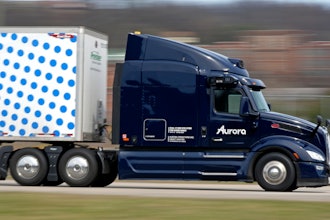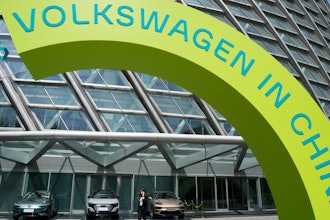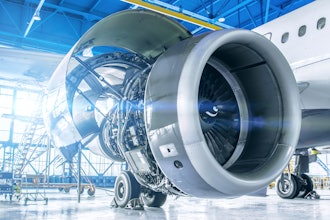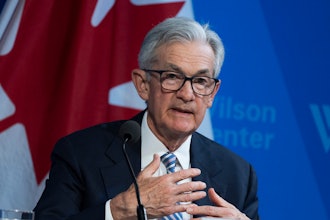The U.S. House of Representatives has begun investigating a Cleveland-based supplier and aerospace manufacturer for “extreme profit margins” and “excess profit”.
The remarks stem from reports that TransDigm has been a “bad actor” and “gouging taxpayers” by realizing some pretty impressive profit margins on parts for aircraft such as the Apache and Chinook helicopters and Falcon and Globemaster planes.
Some examples include:
- Charging the Pentagon $1,443 for a for a three-inch ring used on a C-135 transport plane that reportedly cost $32 to produce.
- Another is a 3-1/2” quick disconnect coupling for the F-5 and T-38 Talon jets that cost $173 to make, but carried a $6,986 price tag.
- An actuator cover assembly cost the Pentagon $11,988, but cost $799 to produce.
- A $557 hydraulic valve carried a price tag of $10,000.
- A $39 motor brake ring brought in $5,317.
According to the Department of Defense Inspector General, 112 contracts awarded to TransDigm exceeded what that office defines as reasonable profit. In the eyes of the DODIG, any contract that delivers a profit margin of more than 15 percent is excessive.
The margins on the contracts in question range from 17 to 4.451 percent. In total, TransDigm, which is a public company that I’m guessing likes to make money and see a return on the materials, manpower and IP they’ve invested in, was awarded 4.942 contracts valued at $471 million between 2012 and 2017.
The DoD wants the company to repay over $16 million in “excess” profits. They contend that TransDigm intentionally concealed cost data in order to realize such high profit margins.
Earlier this week we covered a joint venture that needed financial support from the government in order to continue producing a product deemed vital to national defense. It’s worth noting that if TransDigm didn’t hike their prices up on just over two percent of their government contracts, they might be in the same boat.
A hearing has been set to not only grill TransDigm over their charges, but to explore the need for greater transparency and regulation regarding defense industry profits.






















